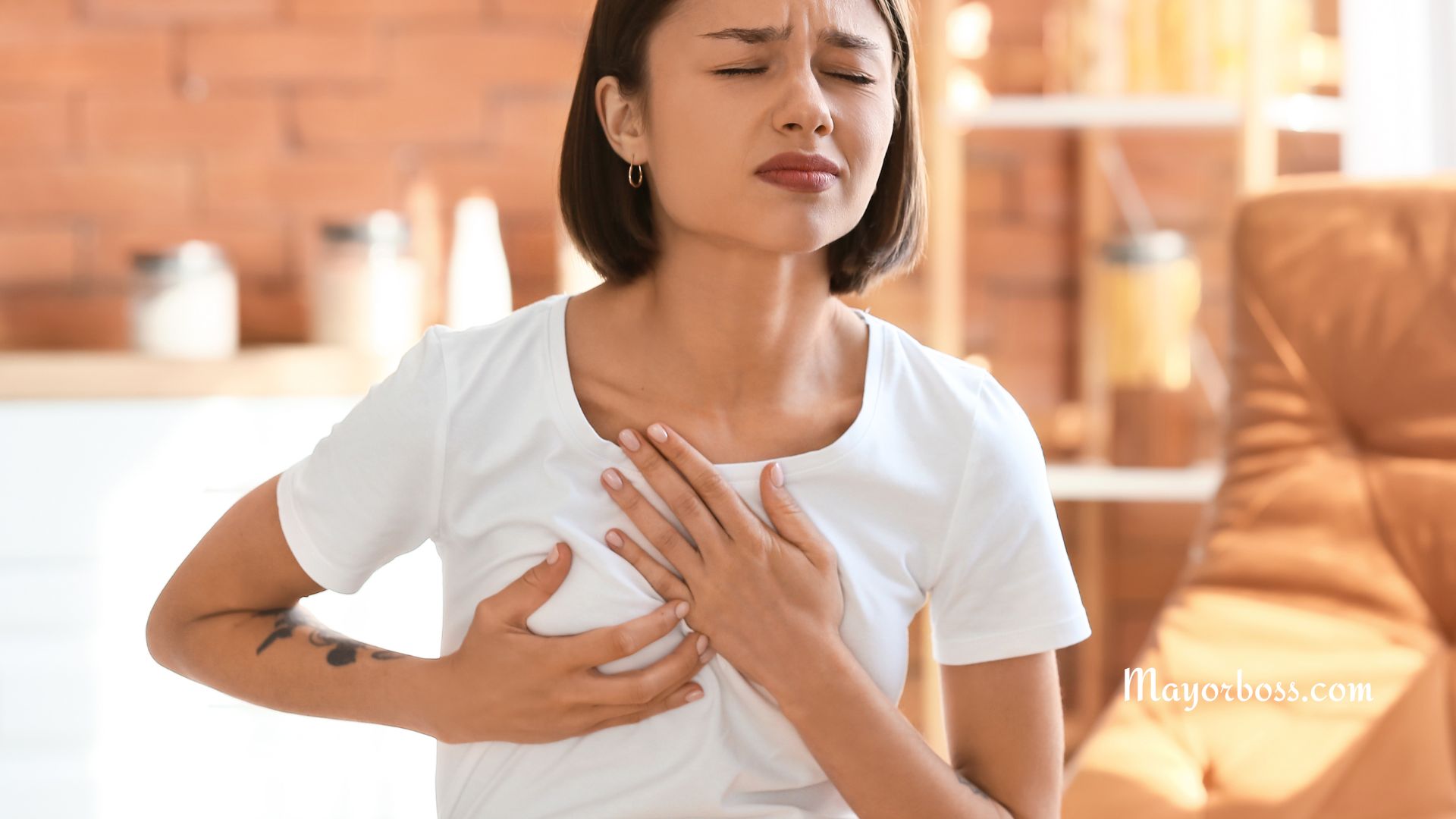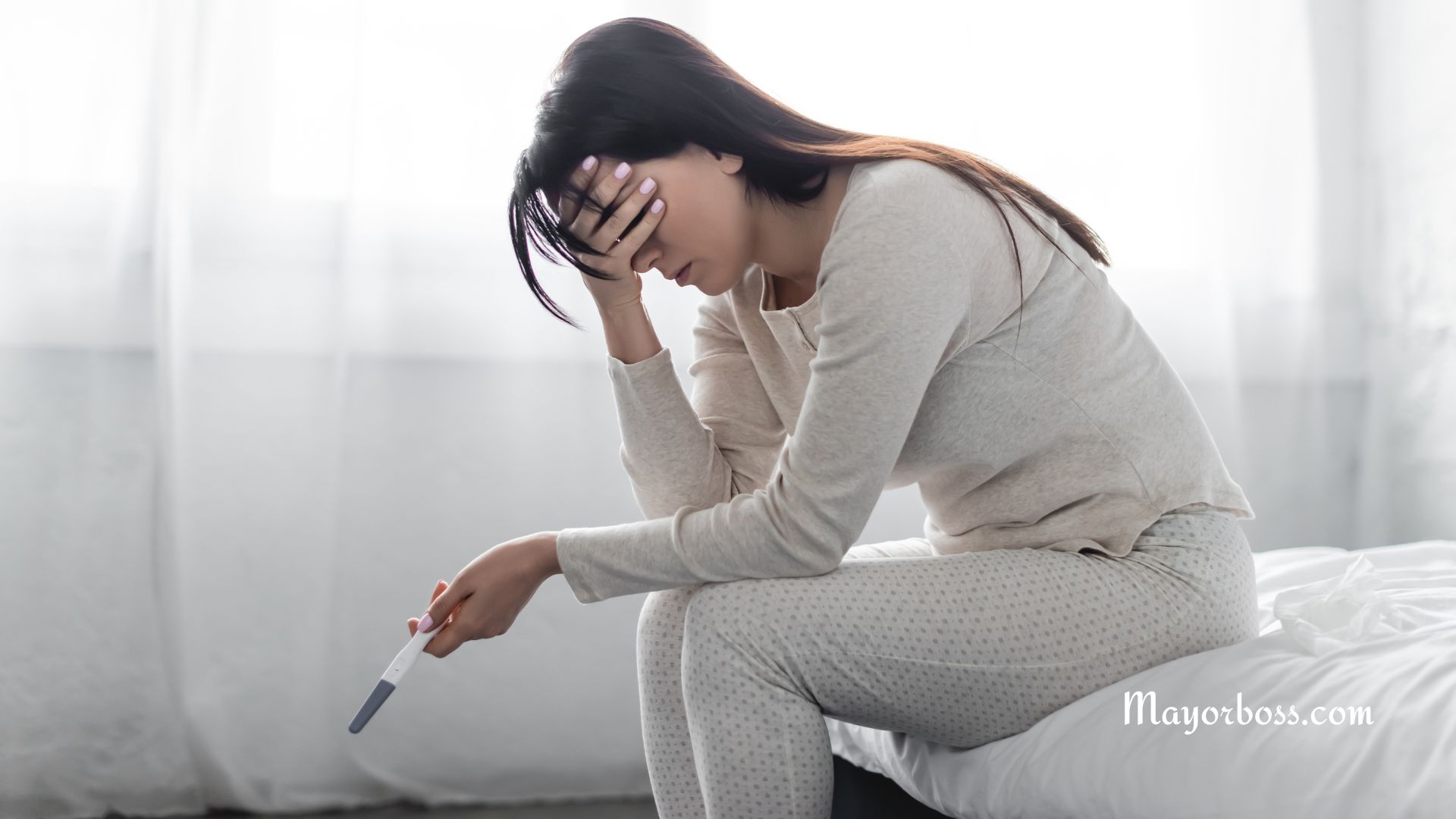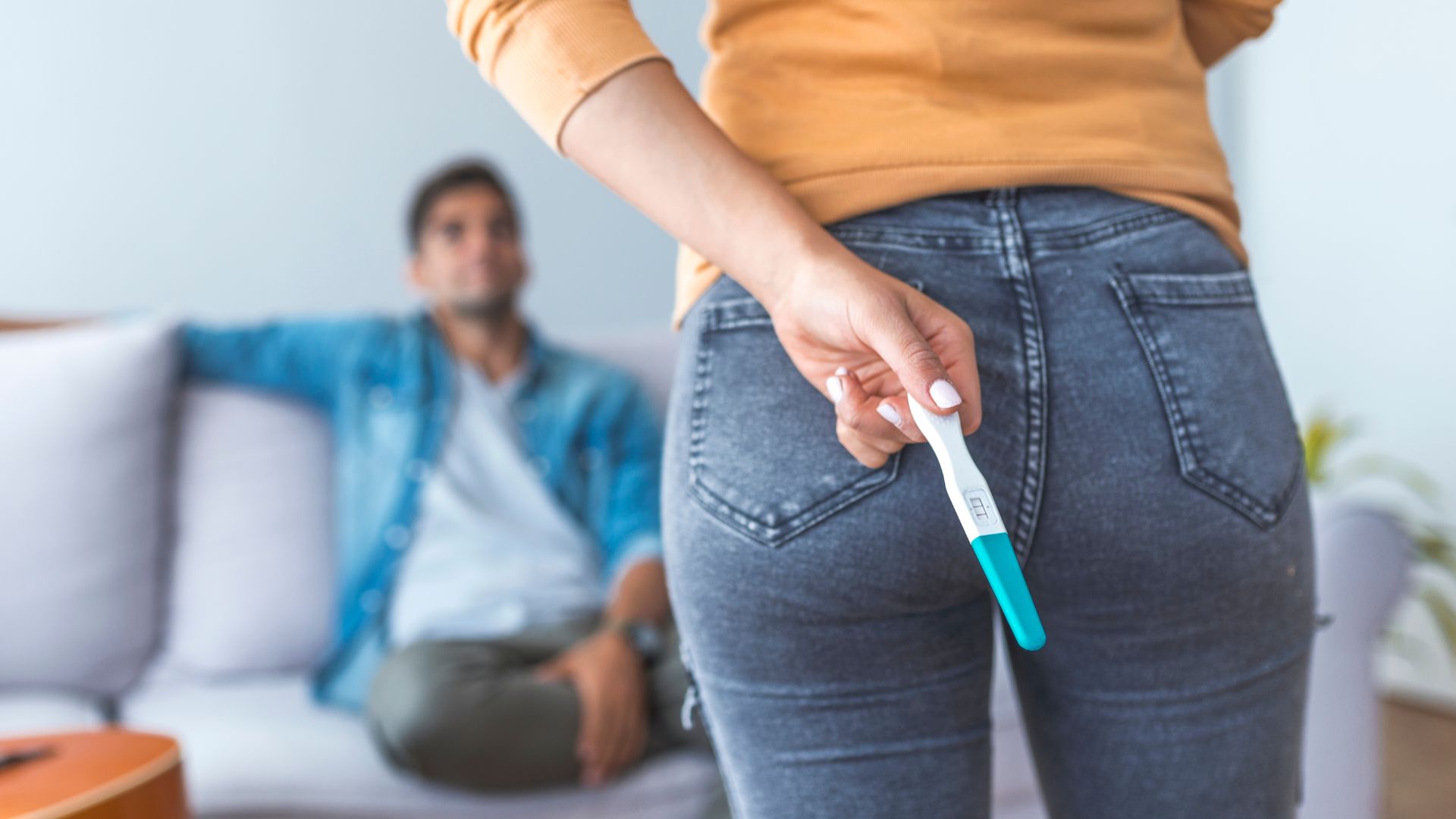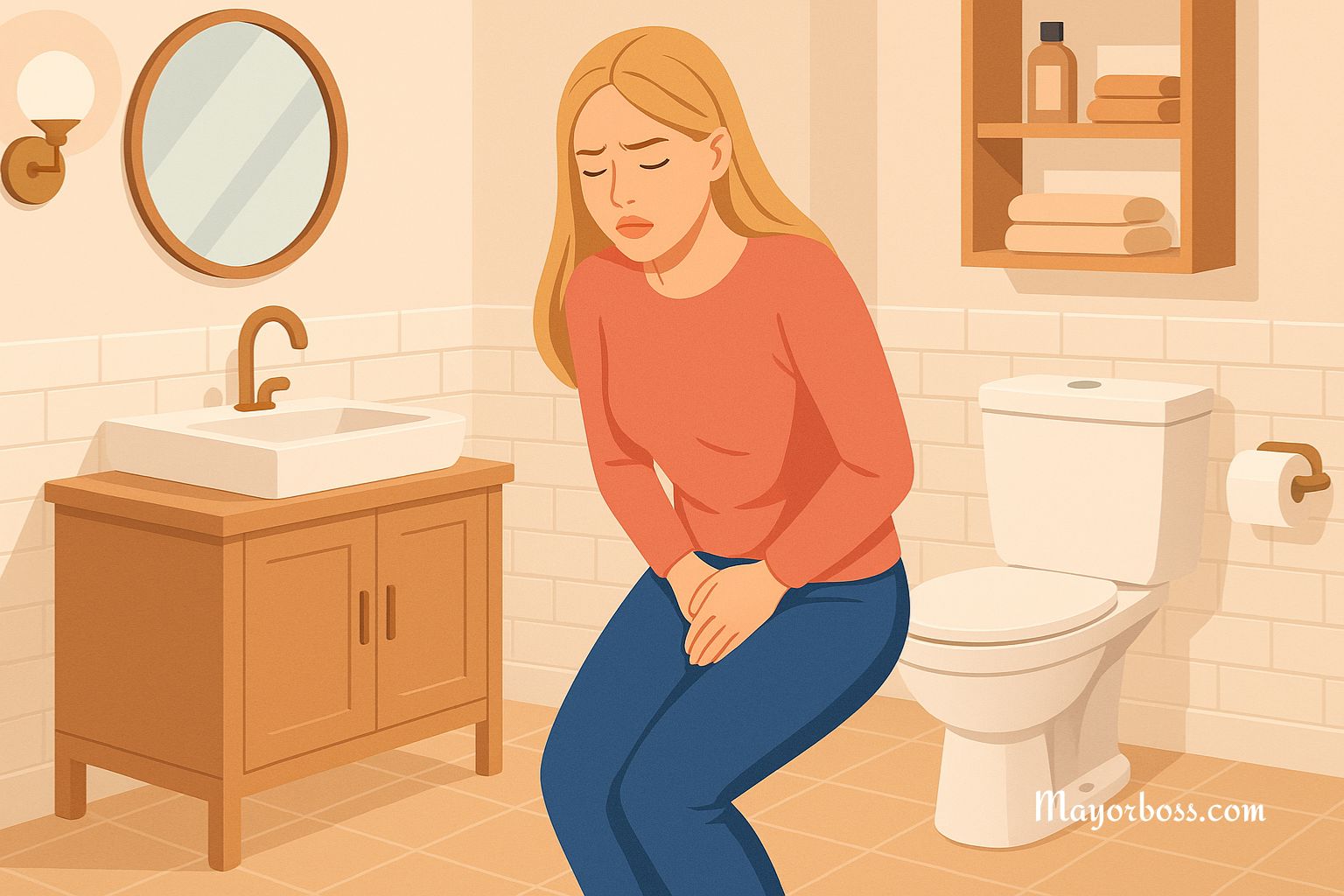What are the 25 Symptoms of Menopause?
As women age, they go through many changes. One significant change is menopause. Menopause is a time in a woman’s life when her period stops. During menopause, the ovaries stop producing eggs, and the body produces less estrogen. This can lead to a variety of symptoms, some of which can be disruptive to everyday life. Some women might have symptoms earlier, and some might not have any symptoms at all. However, it’s important to be aware of the symptoms of menopause and perimenopause so you can be prepared and know what to expect.
What Are the Symptoms of Menopause?
The following are 25 early symptoms of menopause.
1. Irregular periods
Irregular periods are a sign that menopause is starting. Periods may come and go, be lighter or heavier than before, and last for a shorter or longer time than usual.
2. Hot flashes
Hot flashes are one of the most well-known menopause symptoms. They’re sudden rushes of heat, often accompanied by flushing or redness of the skin on the face and chest. Hot flashes can also cause sweating, palpitations, and anxiety. More than 85% of women experience hot flashes during menopause. This is a normal part of the process. If you are experiencing hot flashes that are bothersome or problematic, please speak to your doctor.
3. Night sweats
Night sweats are hot flashes that happen at night. They happen when your body temperature rapidly goes up. You start to sweat a lot, and sometimes you wake up feeling cold because the sweat-soaked your sheets. Night sweats can disrupt your sleep and leave you feeling tired during the day.
4. Sleep problems
Difficulty falling asleep and waking up frequently throughout the night is another common symptom of menopause. This can be due to hot flashes or night sweats.
5. Mood swings
Many women report experiencing mood swings during menopause. These swings can range from mild irritability to full-blown anxiety or depression. If you find yourself feeling unusually emotional, it could be due to menopause.
6. Vaginal dryness
Declining estrogen levels during menopause can reduce lubrication in the vagina, which may cause discomfort during intercourse. This can also lead to vaginal atrophy, which is thinning, drying, and inflammation of the vaginal walls due to reduced estrogen levels.
7. Fatigue
Feeling excessively tired is another common complaint among women going through menopause. If you’re feeling fatigued, it may be due to sleep problems or hormone changes.
8. Brain fog
“Brain fog” is a term used to describe the difficulty some women have with concentration, memory, and focus during menopause. If you’re having trouble remembering things or staying focused, it could be due to brain fog.
9. Weight gain
Weight gain is common during menopause, especially around the waistline. Changes in your metabolism and hormones may contribute to weight gain during menopause.
10. Decreased sex drive
A decreased libido is another common symptom of menopause. This can be due to vaginal dryness, fatigue, stress, or other factors.
11. Urinary incontinence
Leaking urine when coughing, laughing, or sneezing is called urinary incontinence (UI). UI is more common in women who have had children, but it can also be a symptom of menopause.
12. Dry skin
Skin dryness is another common complaint among women going through menopause. This dryness can lead to itching, burning, or even skin thinning or bruising easily.
13. Headaches and migraines
Many women experience more headaches during menopause. Estrogen helps regulate neurotransmitters, so when estrogen levels dip, you may experience more headaches
14. Hair loss or thinning
The decrease in estrogen and progesterone production that happens during menopause can lead to hair loss or thinning.
15. Breast tenderness
Breast tenderness is common during menopause due to fluctuating hormone levels. This symptom usually goes away after a few years post-menopause.
16. Bone loss
During menopause, the production of estrogen decreases, and this can lead to bone loss. This makes you more likely to get osteoporosis, a condition in which bones become weak and break easily.
17. Hotter hands and feet
Some women report feeling like their hands and feet are always warm or hot during menopause. This symptom is caused by increased blood flow as a result of the hormonal changes that occur during menopause.
18. Muscle mass loss
Muscle mass naturally declines with age, but this process is accelerated during menopause due to hormonal changes and reduced activity levels.
19. Bloating
Abdominal bloating is a common symptom of menopause caused by fluctuating hormone levels. Estrogen helps regulate the digestive system, so when levels decline, you may experience constipation or diarrhea as well as gas and bloating.
20. Heart palpitations
Heart palpitations or irregular heartbeat are also caused by drops in hormone levels. As estrogen levels decrease, your heart has to work harder to pump blood throughout your body. This can cause palpitations.
21. Joint pain
During perimenopause and menopause, you may experience joint pain in your knees, hips, neck, shoulders, elbows, or hands. This joint pain may be worse in the morning and improve as you move around during the day.
22. Skin changes
As estrogen levels fluctuate during menopause, you may notice changes in your skin. These changes can include dryness, thinning, and loss of elasticity. You may also notice more wrinkles, age spots, and other blemishes.
23. Burning mouth
Another potential symptom of menopause is a burning mouth. This happens when you feel a burning, hot, tenderness, tingling, or numbing in or around your mouth. This is a result of the hormonal changes you experience during menopause. It affects up to 40% of menopausal women.
24. Tingling or pins and needles in extremities
Some women going through menopause have reported feeling tingling or pins and needles in their arms, hands, legs, and feet. This is likely due to changes in circulation and reduced estrogen levels. If you experience this symptom, consult your doctor to rule out other potential causes.
25. Food cravings
Changing hormone levels during menopause can lead to food cravings. You may find yourself craving sweets, salty foods, or other unhealthy snacks. These cravings are caused by changes in the way your body metabolizes food and the hormones that regulate hunger. If you’re struggling with food cravings, try to eat a balanced diet and exercise regularly to help manage your weight.
How long does menopause last?
The average length of menopause is four years, But for some women, it can last up to 12 years.
How to manage menopause symptoms
There are some lifestyle changes you can make to help manage your menopause symptoms. These include:
- eating a healthy diet
- getting regular exercise
- managing stress levels
- avoiding triggers for hot flashes (such as smoking, alcohol, caffeine, and spicy foods)
- wearing loose-fitting clothes and layers
- staying cool with air conditioning or fans
In addition to lifestyle changes, some treatments can help relieve menopause symptoms. These include hormone therapy. Hormone therapy replaces the estrogen that your body is no longer making. It can be taken as a pill, skin patch, gel, or vaginal cream. It can help with hot flashes and vaginal dryness but may have risks such as blood clots and stroke. You should talk to your doctor about whether hormone therapy is right for you.
ALSO READ: What is Early Menopause?






